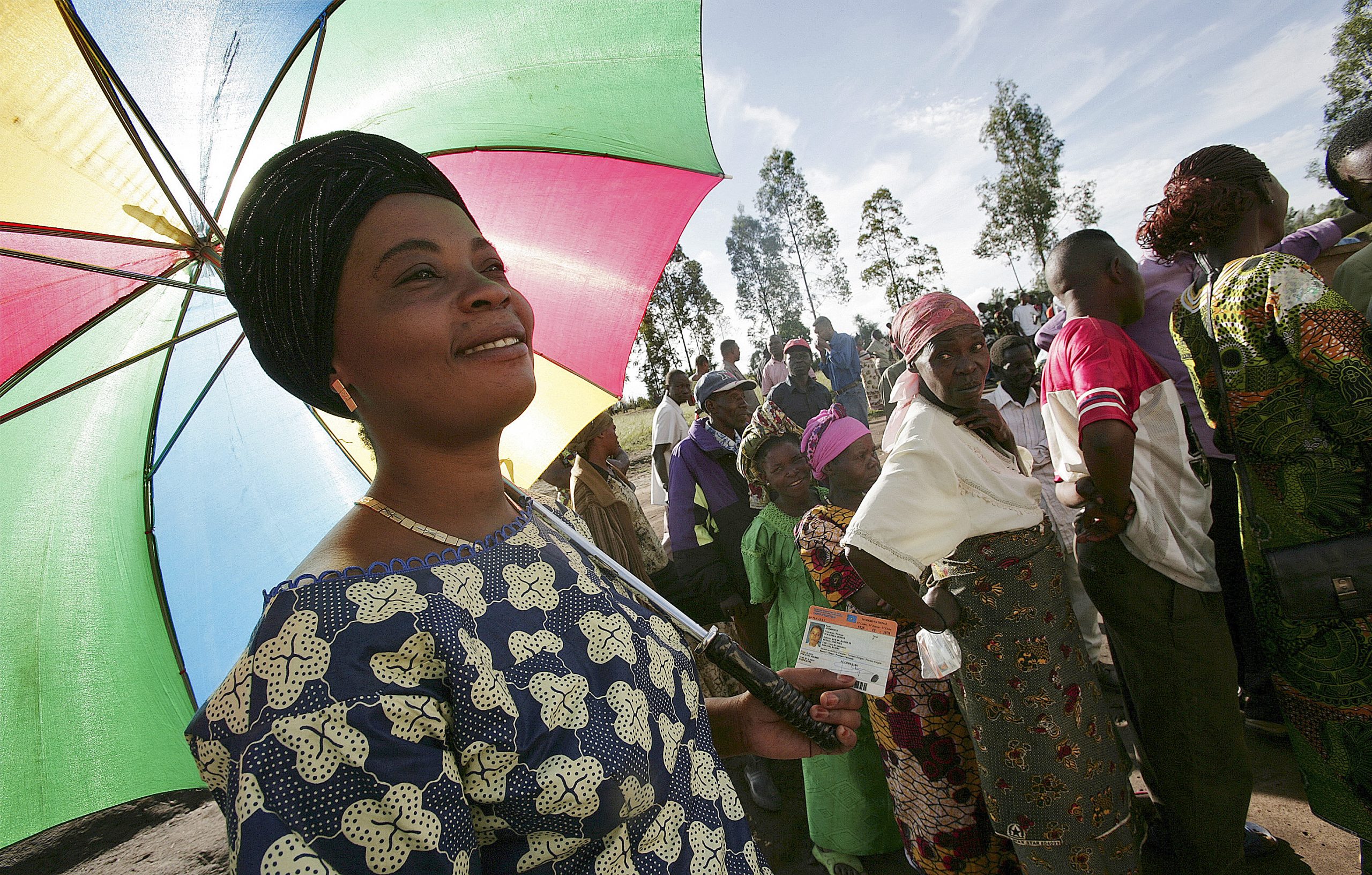Human rights defenders must be able to access the UN freely and safely so that the UN can in turn do its crucial work of monitoring countries’ compliance with human rights obligations and protecting victims from abuses. At its last session held in July 2018, CEDAW endorsed the San Jose Guidelines. These guidelines are crucial for human rights defenders. Reports of reprisals and intimidation against defenders engaging with the UN are on the rise and treaty bodies must do more to address them.
The Guidelines emphasise the responsibility of States to avoid committing acts of intimidation and reprisals, and to ‘prevent, protect against, investigate and ensure accountability’. The Guidelines then spell out actions for UN treaty bodies to take when addressing reprisals, including raising concerns with State officials and relevant UN and regional human rights mechanisms, security measures on UN grounds, and exposing instances of reprisals through the media.
The Guidelines also call for focal points to be appointed in each treaty body to address allegations of intimidation or reprisals. The role of focal points is to assess allegations and determine the appropriate course of action. The CEDAW appointed Nahla Haidar and Gladys Acosta as its focal points.
The Guidelines were initially endorsed by the annual meeting of treaty body chairpersons in 2015. Until now, CEDAW was one of two United Nations treaty bodies that had not yet endorsed the Guidelines. The Committee on Economic, Social and Cultural Rights (CESCR) is now the only treaty body not to have endorsed the Guidelines.
Madeleine Sinclair, ISHR’s Legal Counsel and New York Office Director, praised CEDAW’s endorsement: ‘Endorsing the Guidelines is an important step toward ensuring that defenders can engage with the UN without fearing attacks or intimidation, and all treaty bodies must not only endorse them, but also implement them to the fullest extent’, Sinclair said. She added ‘It is crucial that all treaty bodies commit to the Guidelines and addressing reprisals and intimidation to the fullest extent—defenders engaging with the UN system should not face different risks depending on which treaty body they engage with’.
Contact: Madeleine Sinclair at [email protected].
Photo: UN Photo Martine Perret




